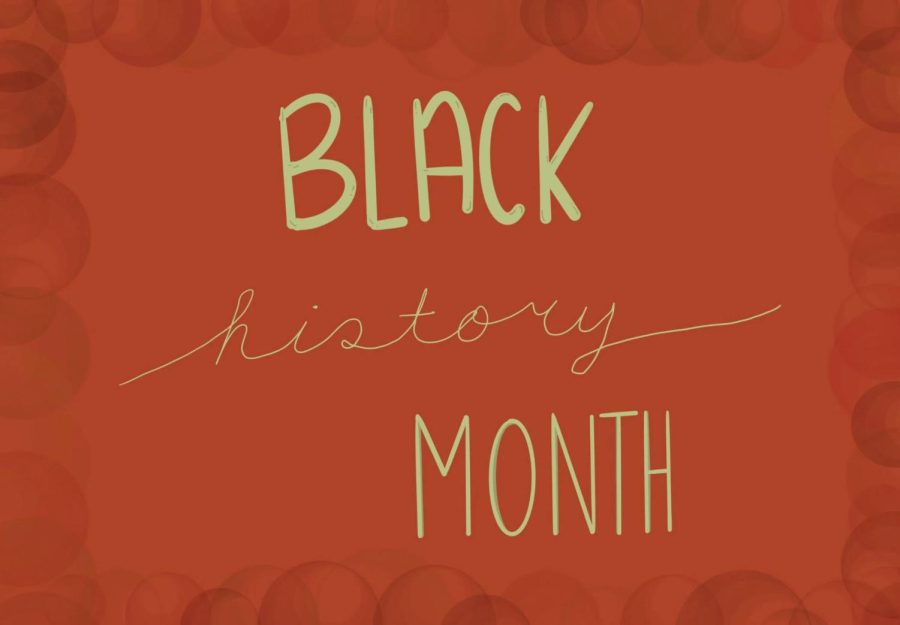Celebrating Black History is an Ongoing, Personal Experience
Seattle University hosted events to highlight and share love for Black History Month. Events leading up to the month of February included a Dr. Martin Luther King Jr. Day Celebration run by the Office of Multicultural Affairs (OMA) and an array of displays arranged by residence floors at Seattle U.
Ashlee Day, the assistant director at OMA, was the main director and facilitator for the event. They were happy with the outcome of the celebration, as several local speakers engaged students in critical discussion.
“It was inspiring to hear them especially as they are local to Seattle and it’s important to uplift voices from our community,” Day wrote.
Michelle Kim, the director at OMA, shared the same admiration for the event as Day, commenting on the equal number of students, staff, faculty and administrators.
“My favorite part was the Q&A portion of the event and listening to the thoughtful questions our students had for our guests,” Kim wrote to The Spectator.
Day recounted that while growing up in Atlanta, they watched Black history be highlighted all year round.
“Black people have made so many important contributions to the United States and to the world despite constant oppression and hardship and I think Black History Month is an opportunity to reflect and celebrate that,” Day wrote to The Spectator.
Kim shares the same desire to extend recognition and kindness beyond a single month.
“Our engagements must not be limited to a single month. Black History Month is an amplified reminder and marker to celebrate the many ways Black people have and continue to shape the very fabric of our culture and society. Black people and Black history are often erased in our country—whether physically harmed and killed, or erased from history books and texts,” Kim wrote.
Michael Palacioz, the associate director of Community Engagement & Learning Initiatives (CELI), views Black History Month as a time of learning, reflection and celebration.
“Seattle U has done a lot to recognize and celebrate Black voices during Black History Month, from the bulletin boards in the halls, the displays in the Student Center, the various zoom backgrounds available to use, to the email sent out by President Peñalver and Vice President for Diversity and Inclusion Natasha Martin,” Palacioz wrote to The Spectator.
He adds that the challenges in equity and equality that Black people face are additional topics to reflect on.
“During Black History Month it is important for us to spotlight the accomplishments of Black artists, entrepreneurs, doctors, scientists and civil rights leaders to help inspire the next generation of leaders and innovators who could be studying here at Seattle U,” Palacioz wrote.
While Seattle U held events to educate students, staff and faculty about diversity, there is always more to be accomplished. One of the biggest improvements that Day hopes to see is attendance to Black History events.
“Black History is being made every day and we need to celebrate the Black people in our own community, so I would have loved to see more attendance from people across the campus community for this event,” Day wrote.
There is also a Black Student Union (BSU) scholarship that is a part of Seattle U’s individual Black history and beneficial for Black students at Seattle U. Day noted that highlighting the BSU Showcase should be a top priority for Seattle U to improve their recognition of Black history, and encourages students to engage with Black history as ongoing work.
Attending events or running one is not for everyone, but there are plenty of quieter, behind-the-scenes ways to practice advocacy.
“Read a book written by someone of that community, listen to a podcast or music created by someone of that culture, pick a historical event or figure significant to that community and do a deep dive—make the learning personal to you,” Kim wrote.
Whether Seattle U engages in more systemic efforts to support Black students will determine whether the intentions behind last month’s programming will be felt by the student body.


